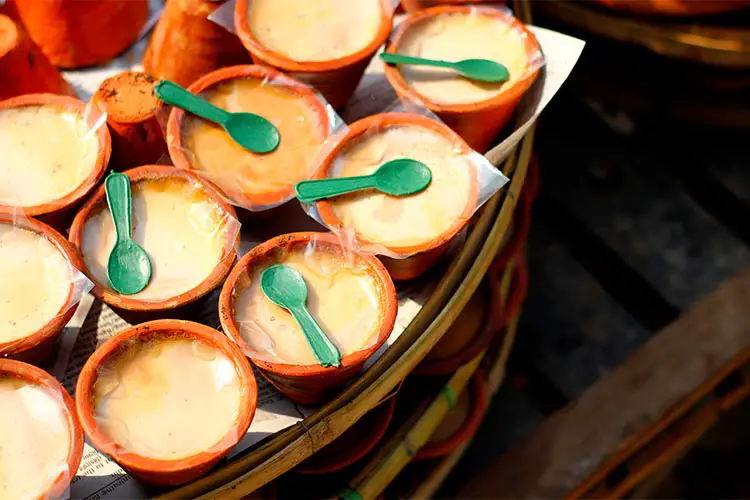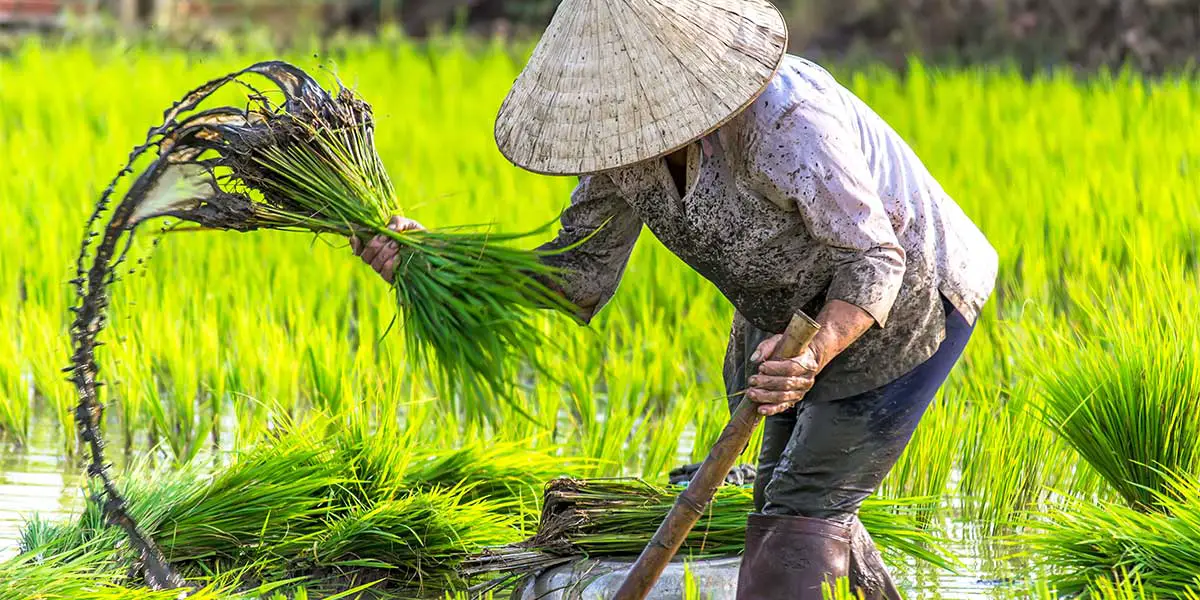Eating Local – Creating a healthier planet
It’s no shock that food tourism is one of the largest niches in the tourism industry; just watch any of the dozens of shows on Food Network or the Travel Channel if you want proof of this. Everybody needs to eat, and one of the best parts of travelling abroad is getting a chance to try a dazzling variety of exotic foods. As an ecotourist, there are lots of steps you can take to make sure your food consumption choices are as ecologically sound as possible, but one of the easiest and most enjoyable decisions you can make is simply to eat local. Here are a few reasons why eating local foods while you travel is both good for you and the health of the planet.
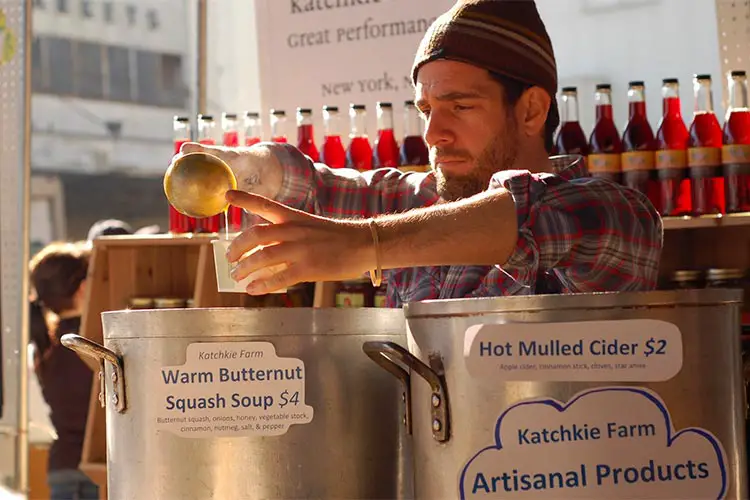
Increased Demand for Small Businesses
Although some corporations such as Whole Foods and Chipotle have started taking steps to alleviate their impact on the environment, for the most part large, multinational food businesses have traditionally been hard on the environment. It’s not their fault, for the most part, it’s just that they are behemoths. There’s no way a chain like McDonald’s could find an environmentally responsible way to meet the enormous international demand they face every day. Without the advent of new technologies, enormous food chains are forced to rely on enormous, monoculture farms and unethical slaughterhouses, as there’s literally no other economically viable way to meet the demand created by customers.
Locally owned food sources tend not to suffer from these problems. They’re quicker to respond to changes and usually source their products from more sustainable sources. This is especially true when you visit developing countries, such as those I’ve been frequenting in Southeast Asia over the last year. Say I purchase a bánh mi (which is essentially a stuffed baguette) from a street vendor in Hoi An, Vietnam. She probably purchased the vegetables and meat for that sandwich from the local market, which in turn bought it directly from one of the local farmers.
Fortunately, the importance of small businesses is becoming better known amongst travellers, especially among ecotourists. Sites like TripAdvisor, Lonely Planet and Wikitravel have made it possible for everyone to find the best small Cuban sandwich shop in Havana or empanada stand in Iquitos. This growing awareness has translated into a small loss of business for the multinational chains, and it seems to be only the beginning of a growing trend of people trying to support mom and pop restaurants while they travel.
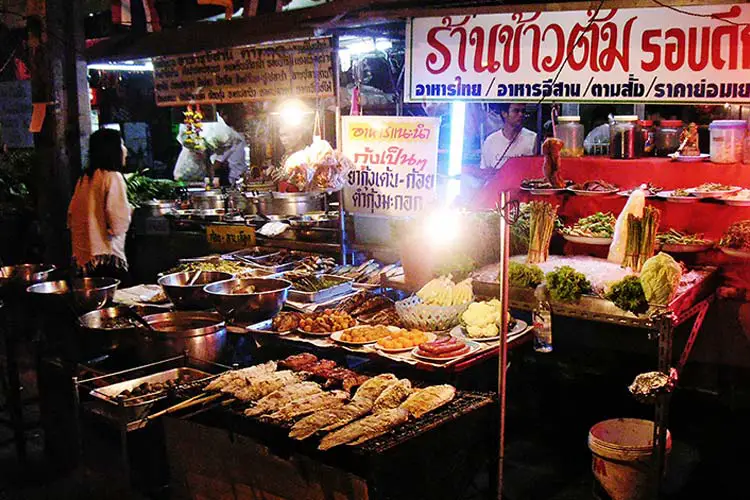
Lowered Transportation Costs
Being able to trace the source of your food isn’t just a necessity for an ecominded traveler, but also a luxury. Some of the most delicious food I’ve had while traveling has been food that I knew the exact source of, especially when it’s fruit. There’s just nothing like fruit that was just picked from the tree minutes before. I’d especially recommend rambutans and mangosteens if you’re traveling in Southeast Asia and want some delicious local fruits.
The fact that food which hasn’t had to be transported across an ocean or a continent is fresher is probably the biggest reason why people strive to eat from food vendors that source their ingredients locally. However, there’s also a deeper reason for an ecotourist. Transporting food long distances produces a huge amount of carbon greenhouse gasses, which are the main contributors to global climate change. Again, this is necessity for big chains, since they need every restaurant in all parts of the world to have more or less the same ingredients. For local food vendors, however, using local ingredients translates into both fresher and greener dishes.
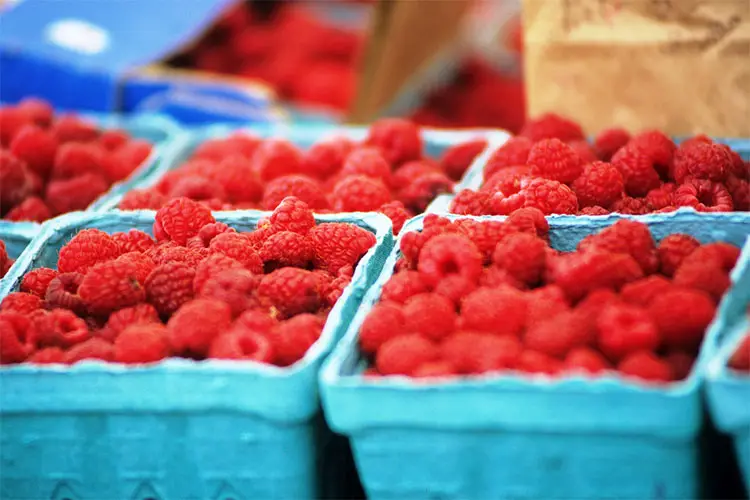
Promoting Research
Obviously, the statements I’ve made above regarding local vendors versus multinational corporations are a bit of blanket statement. It’s a complex issue, and not every time a diner sources from a local vendor will it be a better environmental choice than a Big Mac. Perhaps the local vendor sources their ingredients from unethical or even illegal sources. This is actually a pretty big problem in some parts of the world, especially Asia and Africa.
Fortunately, information about nearly everything, including unethically sources food, can be found on the Internet. This is perhaps one of the most important steps of being an ecotourist – research! Taking the time to learn and ask questions about where your food comes from or how ethical a certain vendor is might be hard work, but it goes a long way towards to making sure your trip is environmentally friendly and enjoyable as possible.
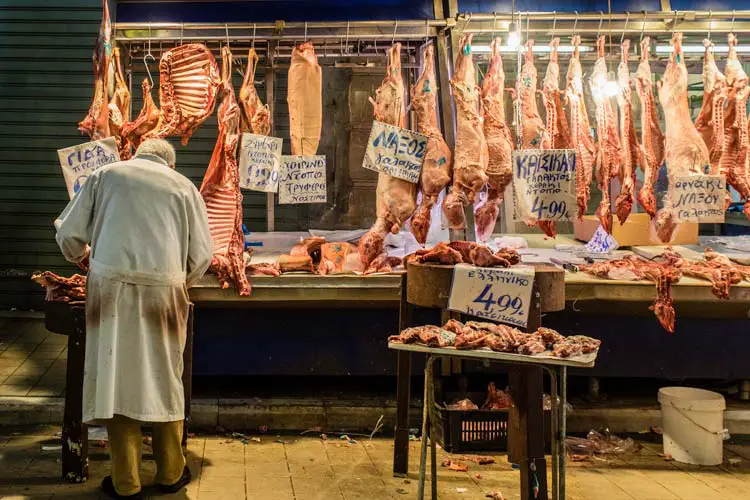
Exploring New Tastes
Okay, okay. I admit that this point doesn’t really have all that much to do with being environmentally friendly while you travel, but can you really neglect to talk about how delicious eating local is in comparison to multinational chains? We’ve all had fast food and other generic food before, so next time you travel, try and eat some of the local delicacies. Chances are it’ll be fantastically flavorful and may even become a new favorite. So next time you’re away from home, be sure to make an effort to eat from some of the more unique, locally owned operations. You won’t regret it!
